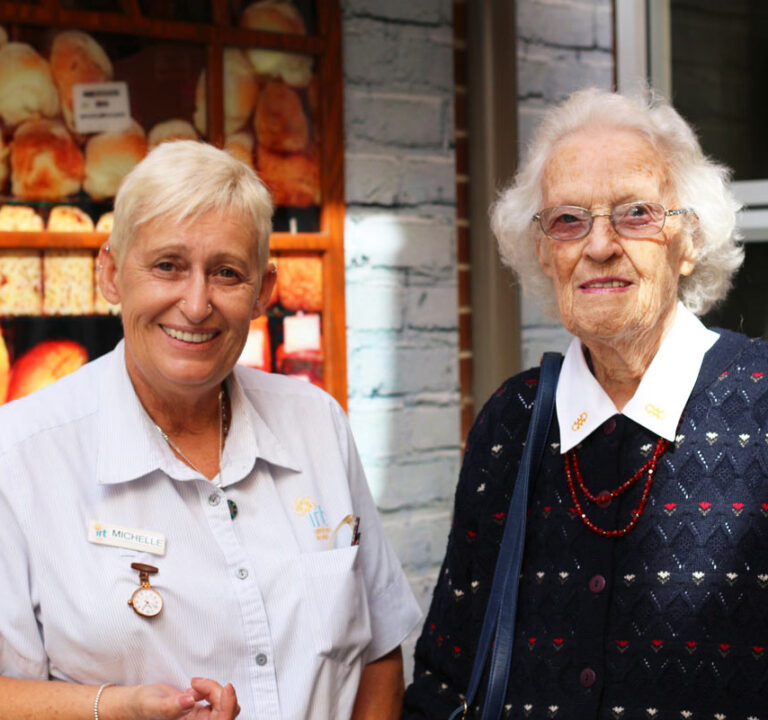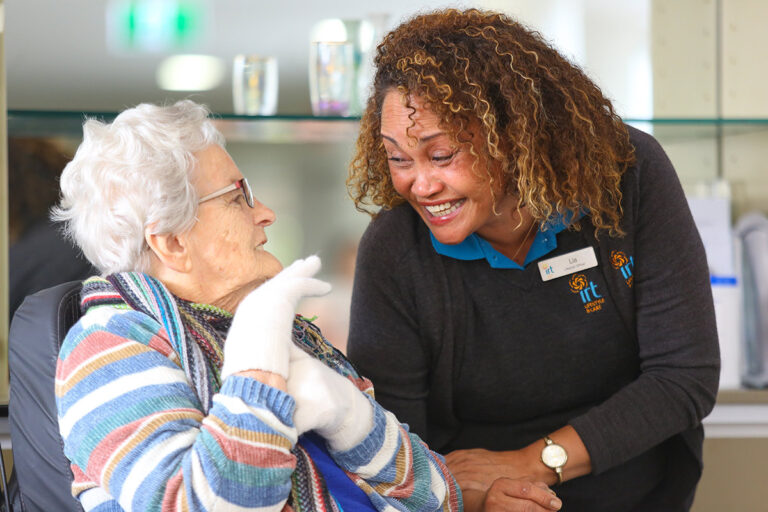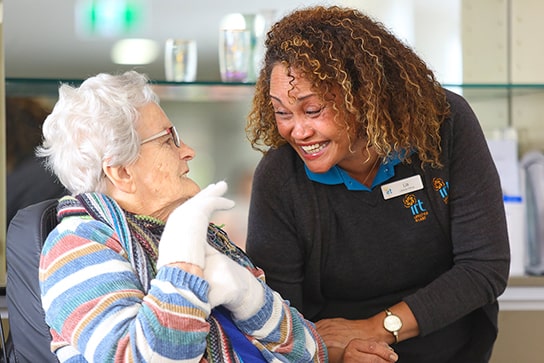What are the signs of early onset dementia?
Learn about early onset dementia, the signs to look out for and what you can do to help treat this condition.

Early onset dementia, often referred to as younger onset dementia, refers to any form of dementia that develops in people under the age of 65.
Early onset dementia is similar to other types of dementia in many ways. It includes a loss of memory, intellect, rationality, social skills and physical functioning that affects a person’s ability to perform everyday tasks.
While many of the same problems generally occur, early onset dementia can have a different impact on a younger person in their 30s, 40s or 50s because they are more likely to still be employed full time, raising a family, or financially responsible for a family.
As dementia is less common in younger people, it can often go unnoticed and undiagnosed. Recognising the signs and symptoms and getting support can drastically improve a person’s quality of life.


Signs and symptoms
According to Dementia Australia, the signs and symptoms of early onset dementia include:
- Memory loss that interferes with daily life
- Difficulty performing familiar tasks
- Confusion about time and place
- Problems with language
- Problems with abstract thinking
- Poor or decreased judgement
- Problems misplacing things
- Changes in personality or behaviour
- A loss of initiative.
It’s important to remember, though, that many other conditions have symptoms similar to dementia, so it’s best not to assume that someone has dementia just because some of the symptoms are present. Strokes, depression, excessive long-term alcohol consumption, infections, hormonal disorders and nutritional deficiencies, just to name a few, can all cause dementia-like symptoms, so it’s always best to consult your GP for advice.
Causes
Many different types of dementia can affect younger people and each type is caused by a specific change in the brain. Some causes of early onset dementia include:
- Alzheimer’s disease – this is the most common cause of dementia in younger people. It affects memory, thinking and behaviour and can be sporadic or familial. Sporadic can affect adults at any age, and familial is a result of a very rare genetic condition caused by a mutation in one of several genes.
- Vascular dementia – this is the second most common cause of dementia after Alzheimer’s disease and causes problems with circulation and blood flow to the brain. Anyone can be affected by Vascular dementia, but several factors increase the risk including high blood pressure, smoking, diabetes and high cholesterol.
- Frontotemporal dementia – this type of dementia is caused by progressive damage and deterioration to the front part of the brain. Damage to this part of the brain can lead to reduced intellectual abilities, difficulty recognising objects, trouble understanding or expressing language, and changes in personality, emotion and behaviour.
- Other illnesses – such as Lewy Body, Parkinson’s disease, Huntington’s disease, multiple sclerosis or HIV infection.
- Chronic overuse of alcohol over many years.
Did you know?
- In 2019, more than 27,000 Australians were living with early onset dementia
- You can have one or more types of dementia
- According to the Australian Bureau of Statistics, dementia is the second leading cause of death in Australia.
- It affects almost 50 million people worldwide, which is predicted to increase to 131.5 million by 2050.
- Every three seconds, someone in the world develops dementia.
Diagnosis
If you suspect you or a loved one may have early onset dementia, it’s best to see a GP or health professional for assessment. An early diagnosis is important because it allows for early planning, access to support and a comprehensive treatment plan that may include medical, therapeutic, psychological and holistic options to help improve your quality of life.
There are several different types of assessments that can help to confirm or exclude a diagnosis of dementia. These include:
- Medical history – this is where your doctor will ask about past and current medical problems, family medical history, any medications being taken, and the problems with memory, thinking or behaviour that you or your loved one may be experiencing.
- Physical examination – this may include tests of the senses, movement, heart and lung function.
- Laboratory tests - this may include a variety of blood and urine tests to help identify any illness that could be responsible for the symptoms.
- Cognitive testing – this can help assess thinking abilities, memory, language, attention and problem-solving.
- Brain imaging – this involves scans that look at the structure of the brain. Some scans can even detect patterns of brain tissue loss that can help differentiate between different types of dementia.
- Psychiatric assessment – this heaps identify conditions such as depression, anxiety or delusions that may occur along with dementia.
Support
A dementia diagnosis can be challenging for any person or family to go through. However, the good news is that there is a lot of support for people living with dementia, along with their carers, family and friends.
If you’re not sure where to seek support, Dementia Australia’s younger onset dementia hub or general support page is a good place to start.
Dementia Australia also coordinates support groups throughout Australia so that you or your loved one can connect with other people who may be in a similar situation to you. These support groups can also provide comfort and practical assistance for carers, relatives and friends of people living with dementia.
You can also call the National Dementia Helpline on 1800 100 500 or the Carers Australia helpline on 1800 242 636.

Aged care services with IRT
IRT are the leaders in person-centred dementia care. Our innovative Journey of Care model enables us to tailor our dementia care environments, equipment and programs to meet the unique needs of residents living with dementia.
Find out moreYou may also like
Choosing an Aged Care Centre: What to consider
Moving from your home into a residential aged care centre can be a rewarding experience for you or your loved one.
Downsizing your home for retirement: where to begin
Have you been thinking about downsizing your home? We help you make sense of this life-changing decision that can reap so many benefits as you…


